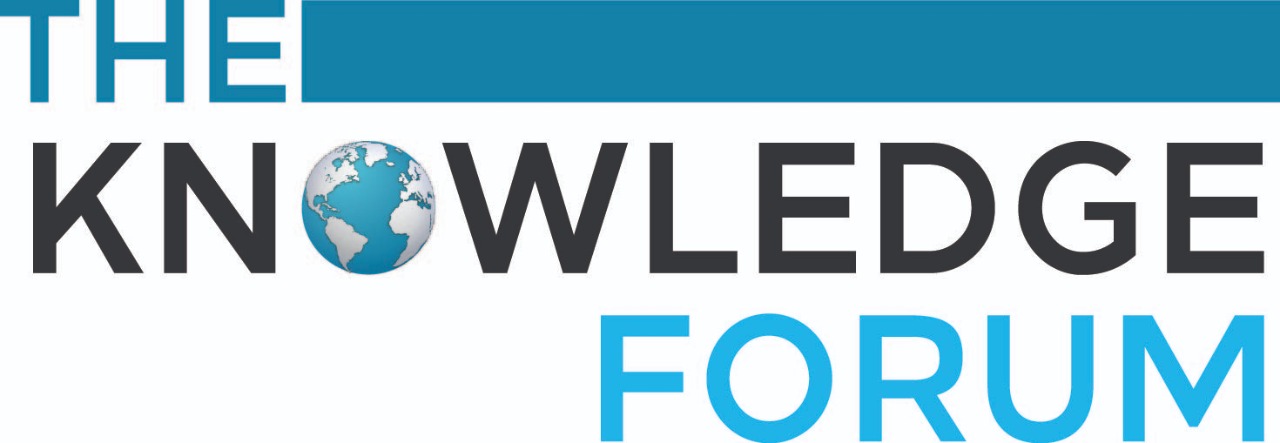Pakistan Bulletin
An up-to-date and informed analyses of key issues of Pakistan.
Editorial: The More Things Change…
April 2024
Pakistan’s public’s faith in political process is the most important anchor that has sailed democracy in the country despite covert and overt non-political interventions and takeovers and below-average performances of successive governments on delivering on public aspirations.
It has been three months since the new government took office in Pakistan following the February 2024 elections. The government has been charging ahead with its governance agenda, especially with regard to the economy, where, as expected a new IMF package is being aggressively pursued and IMF conditionalities over the current fund terms are being dedicatedly implemented. Legislative business has been restored too, even as coalition partners continue to negotiate a space in the government.
In 2024 elections, Pakistan witnessed a rise in the number of voters compared to earlier elections – with 5.8 million more voters casting their vote than in the previous elections. The election watchdog Free and Fair Election Network also notes a record increase in voters’ registration of 22.6million of voters between years 2018 to 2024.
Pakistan’s public’s faith in political process is the most important anchor that has sailed democracy in the country despite covert and overt non-political interventions and takeovers and below-average performances of successive governments on delivering on public aspirations, especially on human security, development, rights, economy, access to justice, and transparency and accountability. This is perhaps the biggest gap in Pakistan’s democracy. Political participation is seen as a function of elections only, and not how the way the government operates and undertakes its day-to-day business.
The biggest example of this gap is reflected in the way that the new government is dealing with the critical issues of freedom of expression, freedom of assembly, and freedom of association. As reported in earlier editions, the social media platform “X,” formerly known as Twitter continues to stay banned in Pakistan since the day of the elections. The new government has not only not lifted the ban, despite calls by public and rights bodies, it has publicly submitted in the Islamabad High Court, which is hearing petitions against the ban, that the decision to impose the ban had been made “in the interest of upholding national security, maintaining public order and preserving the integrity of the nation.” The language smacks of the age-old security paradigm, and stands against the spirit of the right to expression, enshrined in the constitution and also in covenants and treaties ratified by Pakistan. Similarly, on the issue of enforced disappearances, the government has not only been dragging its feet to resolve the cases, the federal law minister have been issuing shocking statements amounting to dismissal of the seriousness of the issue.
When it is not passing shocking statements, the new government seems committed to maintaining the status quo especially with regard to the right to freedom of association and assembly. The political victimization of opponents continue. Key leaders of the opposition Pakistan Tehreek-e-Insaf are in jail, while the party is not allowed to hold publicly protests. Pakistan’s NGOs continue to work under restrictive environment. Broadly, NGOs’ work in Pakistan relates to service delivery (humanitarian assistance, education, healthcare, housing, disaster relief and rehabilitation etc) and rights-based work. In the last one decade, a number of policy actions have restricted the work of humanitarian NGOs, particularly the INGOs working on humanitarian service, due to stringent policies. Alongside, NGOs promoting human rights are subjected to strict scrutiny including repeated demands for explanation of their projects, visits by officials, and requirements to share details of their staff. This has led to a number of rights based organisations restricting their operations while also failing to attract capable human resource, due to security threat. This in turn further erodes their capacity to perform.
The February 8 general elections marked a significant step forward for the political order of the country, which has otherwise been fractured by a state of turmoil and confrontation by leading political forces. While the elections brought a semblance of political stability, continuous restriction over freedom of expression, assembly and association has kept alive the question of the future of democracy in Pakistan. Democracy is a system that goes much beyond elections and upholds the public’s will through fostering state-society relations, political participation, civil liberties and accountability of institutions. On its part, Pakistan’s public has repeatedly demonstrated its support for democracy and political process. The nation needs to be released from the burden of repeated let-downs and disappointments by its representatives and those who have taken the oath to protect the state.

Get the latest news and updates from our team
